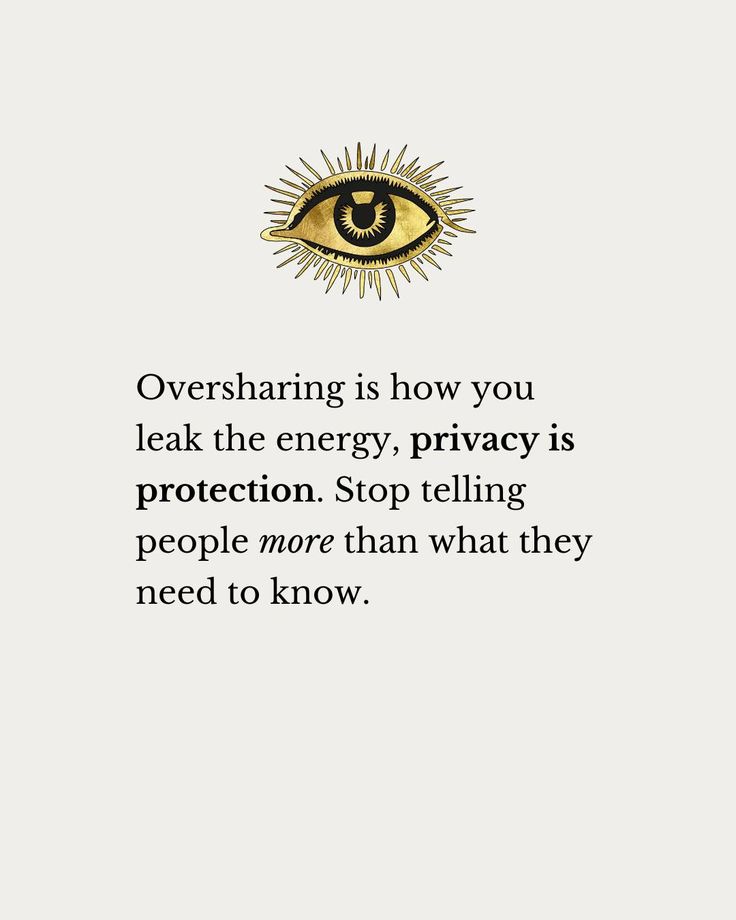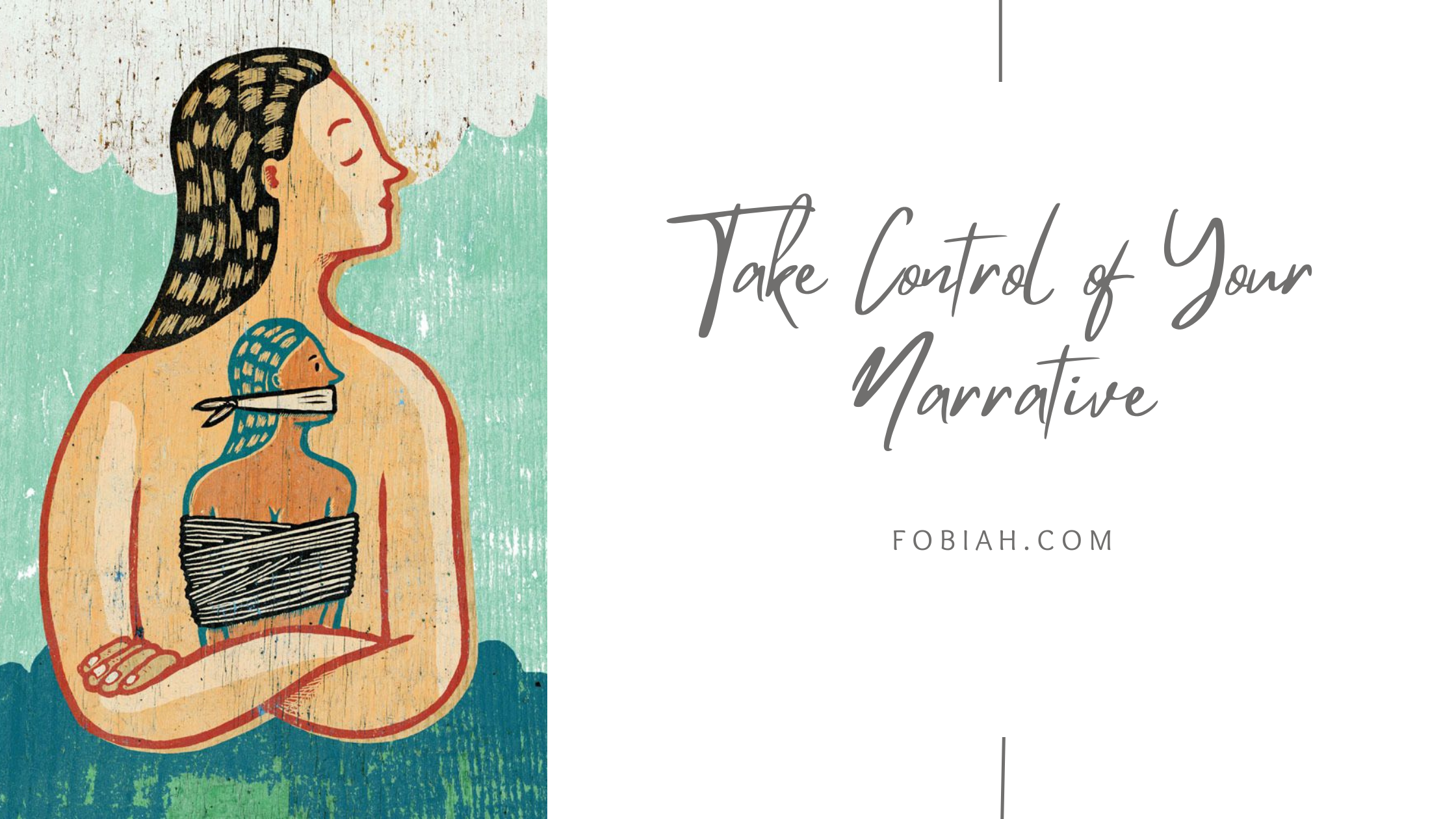Silence holds a unique beauty, and here’s why: it empowers us. When people have nothing on you, they can’t hurt you. I used to be an open book. Whatever was going on in my life, I’d share it with anyone who’d listen. A new job offer? I’d call my friends immediately. Planning a vacation? I’d post about it online. Even the smallest details like the weather or my grocery run would somehow find their way into conversations. But the more I shared, the more I realized: not everyone needed to know everything. In fact, telling people too much can put you in a vulnerable position—more than you might think.
The more you reveal, the more opportunities you give others to critique, interfere, or even sabotage your efforts, intentionally or not. What felt like casual conversations sometimes opened doors I wished had stayed closed.
Why Do We Overshare?
It’s tempting to share every little thing happening in our lives. The world around us is louder and more connected than ever. Social media encourages us to broadcast our thoughts, updates, and experiences. Sometimes, it’s a simple desire to connect with others, to feel validated. Other times, it’s because we’re excited and want to spread the good news.
But let’s be honest: most people can’t seem to shut up. Whether it’s their recent promotion, a hot date, or even something as trivial as the weather, it seems like everyone is in a constant state of oversharing. It doesn’t matter what they’re talking about—they’ll make sure you hear it.

I used to think this was normal, even harmless. But over time, I’ve realized how damaging it can be to put your entire life on display, especially when you start revealing your future plans.
Protect Your Plans
One of the biggest lessons I’ve learned is this: stop telling people your plans. Sure, it feels great to share your dreams and goals. But the moment those words leave your mouth, you’re putting yourself at risk. You might be thinking, “But I only tell my close friends and family.” Well, here’s the uncomfortable truth: even the people closest to us can turn into our biggest critics or, worse, secret enemies.
I’m not saying every friend is out to betray you. But I’ve seen firsthand how relationships can take an unexpected turn. How many marriages have crumbled because of a “best friend” who crossed the line? How many people have experienced backstabbing at work because a colleague knew too much about their ambitions?
The fact is, the more you tell people about your plans, the more room you leave for judgment, jealousy, and interference. Your well-meaning friend might subtly discourage you from pursuing your dreams, or someone might intentionally sabotage your efforts. The safest bet? Keep your plans to yourself.
Silence Is Power
There’s something liberating about holding onto your thoughts and plans without announcing them to the world. It gives you time to grow in private, to make mistakes without the pressure of external opinions. When you tell people less, you reclaim your power. You protect your energy, your peace, and your progress.

I started doing this myself, and the shift was immediate. I stopped talking about what I was planning and began working quietly behind the scenes. The fewer people knew about my projects, the more control I had over them. I didn’t need to deal with unsolicited advice, doubts, or opinions. And when things finally came to fruition, the results spoke for themselves. I realized I didn’t need to announce every step along the way. Silence allowed me to surprise others with my success rather than overpromise and underdeliver. I understood oversharing is injurious.
Filtering Conversations
Does this mean you need to stay silent about everything? Absolutely not. We all need connection and communication. But what I’ve learned is the importance of filtering what I share and with whom. It’s about balance—knowing when to speak up and when to keep certain things to yourself.
Take stock of the people in your life. Some friends might truly have your best interests at heart, while others may secretly envy your success. Before you share something personal or significant, ask yourself: “Does this person really need to know?” If the answer is no, or if you have any doubt about their reaction, it’s probably better to stay quiet.
The Dangers of Oversharing
Let’s talk about the consequences of oversharing, something many of us don’t consider until it’s too late. You might think that being open makes you relatable or builds trust, but oversharing can have the opposite effect. The more you reveal, the more ammunition you give people to use against you—sometimes without even realizing it.
Think about it: how many lives have been ruined by unexpected betrayals? It’s not just in soap operas or the news—real life is full of examples of people being stabbed in the back by those they trusted. And often, it’s because they shared too much.
When you give others insight into your thoughts, emotions, or plans, you become vulnerable. You open the door for people to judge you, question you, or even manipulate you. That’s why it’s crucial to be mindful of what you share, especially with people who may not have your best interests at heart.
My Own Wake-Up Call
It took me a while to learn this lesson. I remember once telling a colleague about a promotion I was being considered for. I was excited, and I thought I could trust them. But within days, I started hearing whispers from other departments, and suddenly, my chance at the promotion slipped away. That experience taught me that not everyone is rooting for you, even if they act like it.

Since then, I’ve been more cautious. I’ve learned to enjoy my wins in private and work through my challenges without seeking validation from others. And I can tell you—it’s been a game-changer.
But How to Stop Oversharing?
So, how can you start being more selective about what you share? Here are a few tips that have worked for me:
- Pause before speaking: Before sharing something, take a moment to consider whether it’s necessary or beneficial to the conversation.
- Know your audience: Be mindful of who you’re talking to. Not everyone deserves access to your inner world.
- Keep your goals private: Share your accomplishments, not your plans. Let your success speak for itself.
- Set boundaries: It’s okay to steer conversations away from personal topics or politely decline to answer questions you’re uncomfortable with.
- Find a trusted outlet: If you need to vent or discuss something deeply personal, make sure it’s with someone you can trust 100%, like a therapist or a close confidant.
At the end of the day, protecting your peace and privacy is essential for your mental and emotional well-being. While it’s natural to want to share your life with others, it’s important to remember that not everyone deserves to know everything about you. Sometimes, the best thing you can do is stay silent, work hard, and let the results speak for themselves. After all, silence can be your greatest ally. Whether you’re at a family gathering or a corporate meeting, the words you choose to share shape how others perceive your value. It’s crucial to be mindful of what you say, as some people might offer sympathy while secretly undermining you at the same time.





